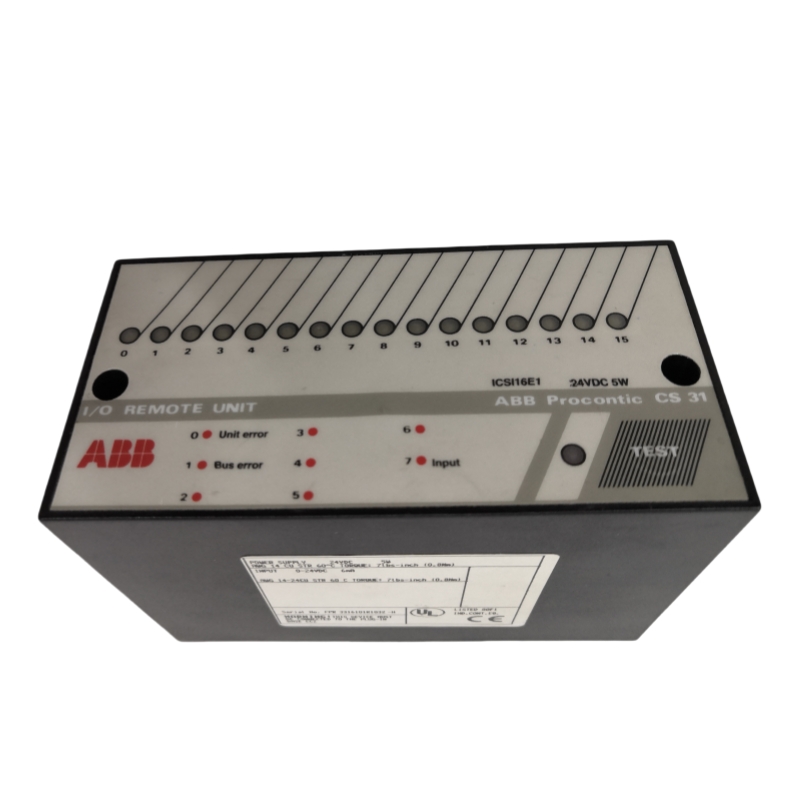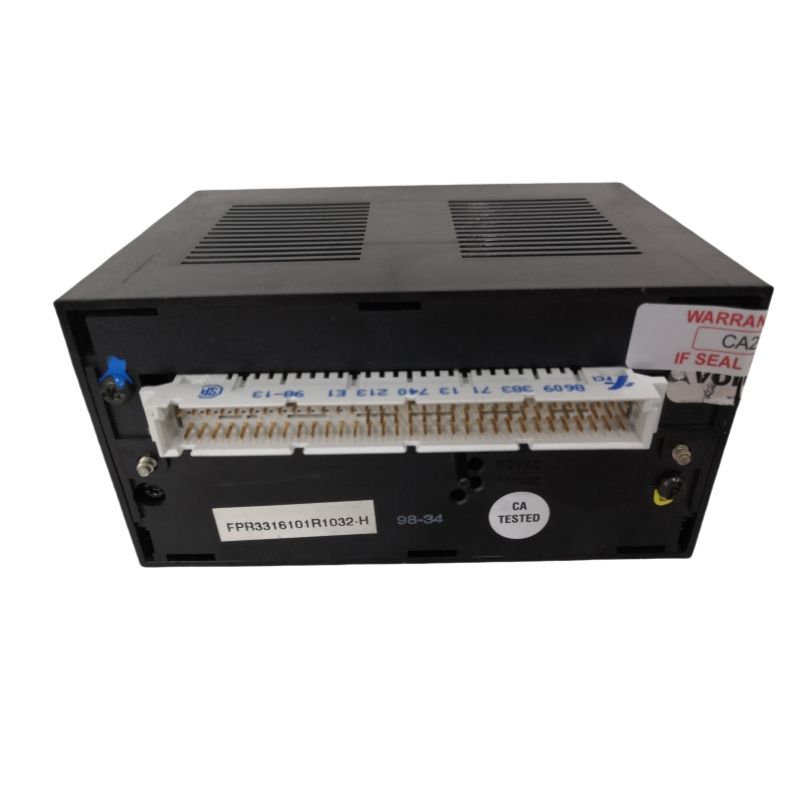ABB ICSI16E1 Residual Current Circuit Breaker
The ABB ICSI16E1 is a 16A, 1P+N (Single Pole + Neutral) Residual Current Circuit Breaker (RCBO) designed for protection against earth leakage currents, overloads, and short circuits in electrical installations.
·Tara(Sales Director)
·Tel: + 86-13806028623
·Whatsapp:+86-13806028623
·Email: ydf8801@163.com
·Ship to you via ·DHL/TNT/UPS/EMS/Fedex

